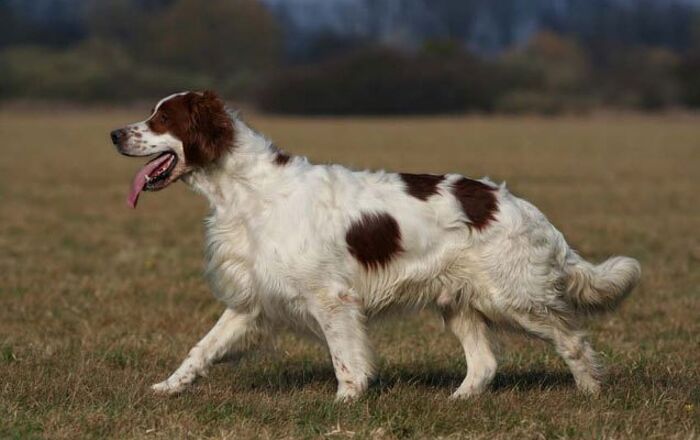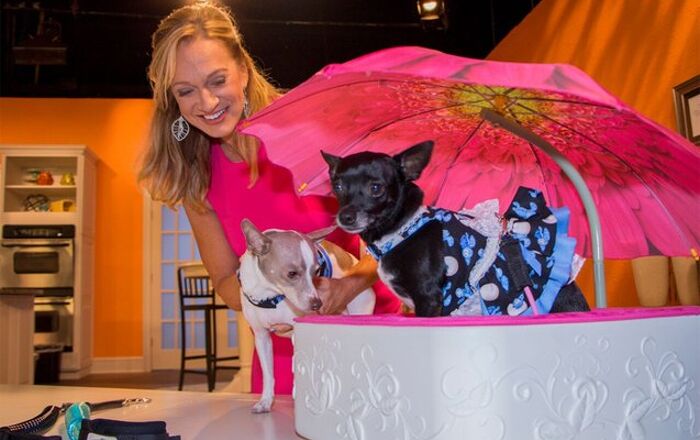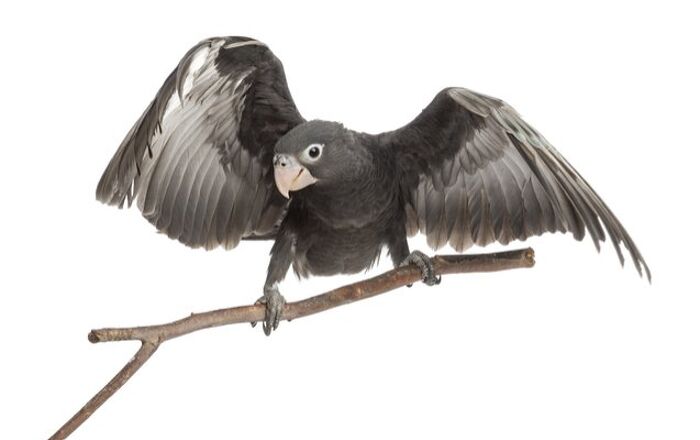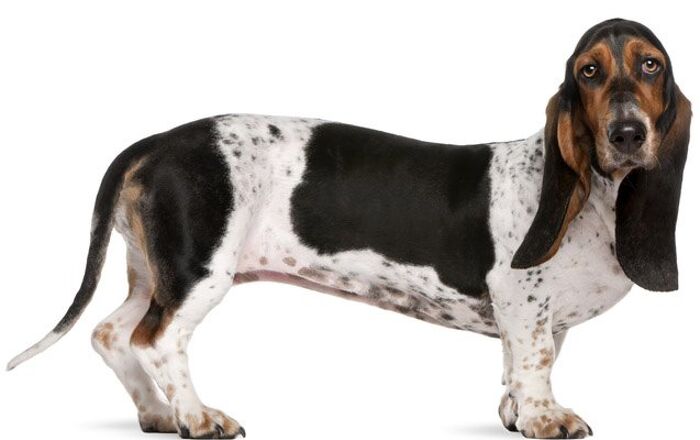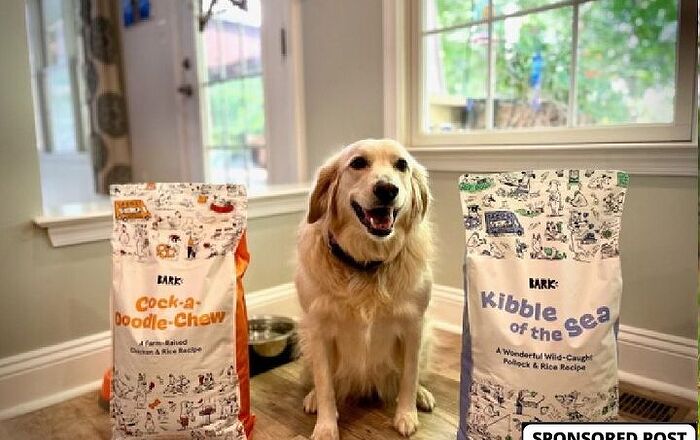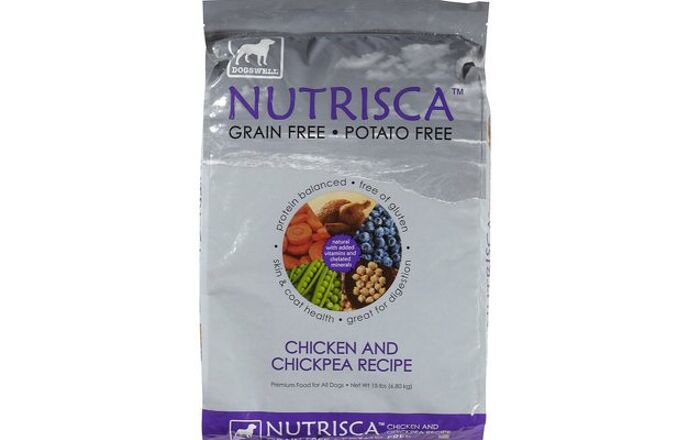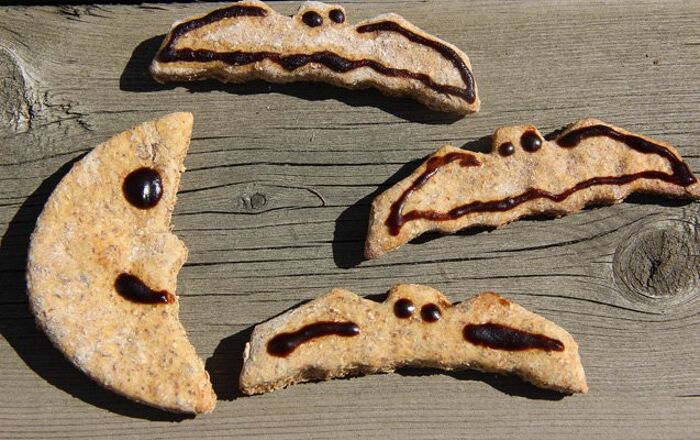
A safe bet or risky gamble? Here’s what to consider before making a decision about dog insurance.
While it would be nice to imagine that dog insurance companies are in it for the animals, because they care about your pet getting better, but the truth of the matter is they’re ultimately big businesses, looking to make a buck. This is why dog insurance policies can be troublesome. You might need to make a claim and find out there was some kind of clause or loophole you didn’t know about, meaning that you end up paying out of pocket. However, if you know what to watch out for, you can avoid some of the biggest dog insurance pitfalls.
Annual Coverage
Some policies work on an annual basis, rather than a rolling basis. This can work to your detriment if your dog gets an injury or illness that requires ongoing treatment, because after the annual policy is up, if you go to re-insure, it will be classed as a pre-existing condition and won’t be covered under the terms of the new policy.
Related:Types Of Dog Insurance Policies
Per Condition or Per Year?
Look out for whether your policy pays out a fixed sum per condition or allows you a certain amount per year. A policy may pay out per condition (let’s say up to a total of $10,000 per condition), and if your dog got a serious chronic illness that required regular veterinary treatment, once you’d hit that $10,000 mark, that would be it; the insurance company wouldn’t pay out any more for vet fees relating to that condition and you’d be left footing the bill. However, if your insurance company pays out up to $10,000 per year, you’d get continual cover for your dog, as long as you keep up with the policy. Of course, it’s unlikely that your dog will get a chronic condition, but it never hurts to be prepared for the worst.
Consider the Deductible
A deductible is the amount that you, the owner, has to pay toward your dog’s veterinary bills before the insurance company will fork over some cash. Make sure you know what the deductible is for your policy and budget for it in case of a veterinary emergency. Policies with a large deductible tend to be cheaper than those with a small deductible. Ultimately it’s up to you to weigh up the pros and cons and figure out whether you’d rather have a large deductible, with low monthly payments, or a small deductible with more expensive monthly payments.
Related:Dog Insurance Dos and Don’ts
Routine Veterinary Checks
Most policies have some sort of clause stating that you must keep your dog up to date with routine veterinary checks and treatments, such as vaccinations, health checks, dental checks and even minor tooth cleaning. If you don’t keep your pooch up to date with these things and he gets an illness which could have been prevented, then your policy may become invalidated.
Look for Limitations
It’s not uncommon for policies to come with certain limitations. For instance, some insurers won’t pay out for treatment for older dogs, whereas others exclude certain breeds which they deem to be dangerous or high risk. Your dog also might not be covered if he’s a working dog or if she’s used for breeding. Make sure you’re aware of any limitations which might affect the coverage for your four-legged friend.
Hereditary Conditions
Some insurance policies won’t cover hereditary conditions. These are conditions that are passed down to your dog genetically. It can be hard to prove whether or not your dog’s condition is hereditary, but it’s a good idea to check if the policy will pay out for conditions which certain breeds are prone to. For instance, if you have a Doberman, find out if they cover conditions such as Von Willebrand’s Disease and Dilated Cardiomyopathy.

Lauren Corona is a freelance writer from merry old England. She specializes in writing about dogs and other critters. Lauren lives near Oxford, with her gorgeous Doberman, Nola. When she’s not tapping away at the keyboard, you’ll find her walking in the woods with Nola-dog, raising money for the Oxfordshire Animal Sanctuary, cooking vegan food, making zines and writing about herself in the third person.
